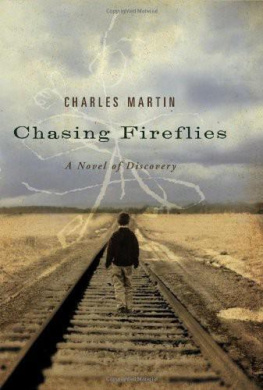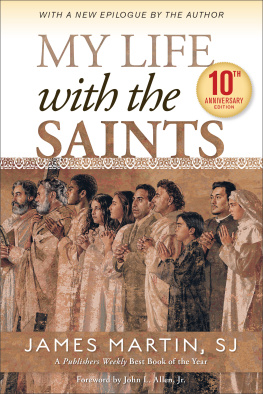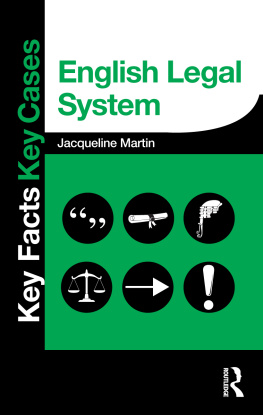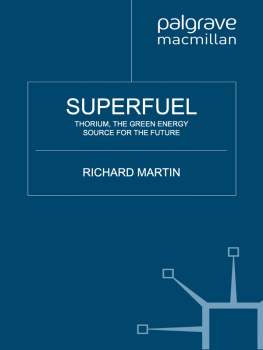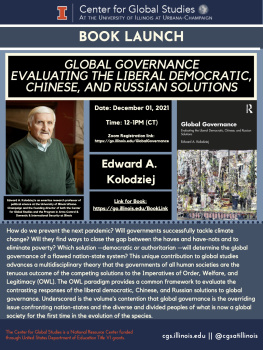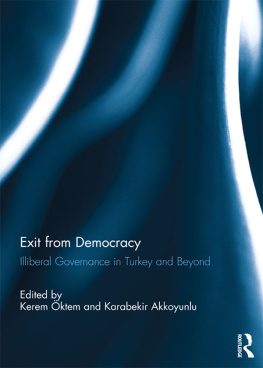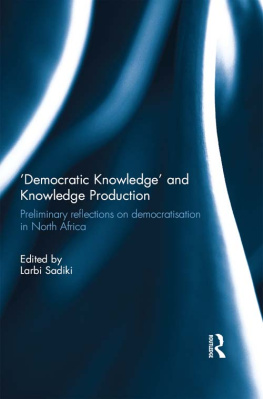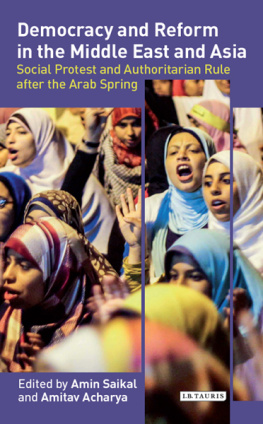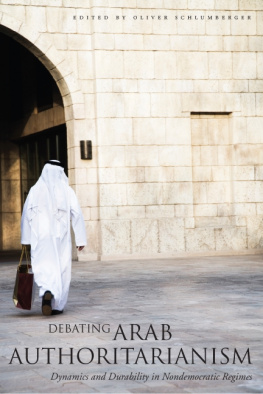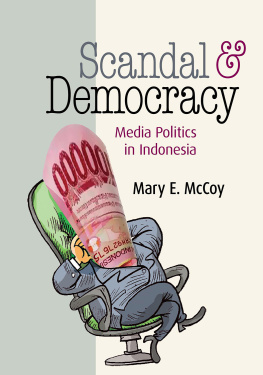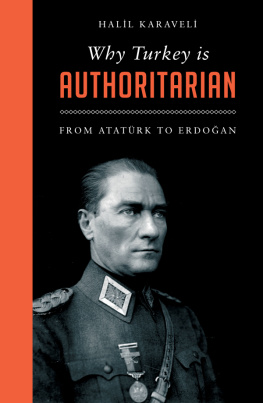SYRIAs
DEMOCRATIC
YEARS
PUBLIC CULTURES OF THE MIDDLE EAST AND NORTH AFRICA
Paul A. Silverstein, Susan Slyomovics, and Ted Swedenburg, editors
SYRIAs
DEMOCRATIC
YEARS
Citizens, Experts, and
Media in the 1950s
KEVIN W. MARTIN

This book is a publication of
INDIANA UNIVERSITY PRESS
Office of Scholarly Publishing
Herman B Wells Library 350
1320 East 10th Street
Bloomington, Indiana 47405 USA
iupress.indiana.edu
2015 by Kevin W. Martin
All rights reserved
No part of this book may be reproduced or utilized in any form or by any means, electronic or mechanical, including photocopying and recording, or by any information storage and retrieval system, without permission in writing from the publisher. The Association of American University Presses Resolution on Permissions constitutes the only exception to this prohibition.
The paper used in this publication meets the minimum requirements of the American National Standard for Information SciencesPermanence of Paper for Printed Library Materials, ANSI Z39.48-1992.
Manufactured in the United States of America
Cataloging information is available from the Library of Congress
ISBN 978-0-253-01879-3 (cloth)
ISBN 978-0-253-01887-8 (paperback)
ISBN 978-0-253-01893-9 (ebook)
1 2 3 4 5 20 19 18 17 16 15
for my parents
Contents
Acknowledgments
WORK ON THIS book began more years ago than I like to recall. Thus I have many to thank. I must begin by expressing my gratitude to the members of my research committee, Walter Armbrust, James Gelvin, John Ruedy, and especially my mentor, Judith Tucker, for their support, guidance, patience, and good cheer. I would also like to thank the many current and former faculty members at Georgetown University who contributed to this project and/or my professional training. These include Jon Anderson, Belkacem Baccouche, Roger Chickering, Michael Hudson, John McNeill, David Mehall, James Millward, Aviel Roshwald, Suhail Shadoud, John Voll, and the late Hanna Batatu and Hisham Sharabi. In the same vein, my Arabic instructors at Middlebury Colleges School of Languages, Sinan Antoon and Ahmad Karout, were instrumental in preparing me for my research and residence in Syria.
Initial research was made possible by a Fulbright Research Grant from the Institute of International Education, a Fulbright-Hays Doctoral Dissertation Research Fellowship from the U.S. Department of Education, and various travel, research, and writing grants from Georgetown Universitys Graduate School of Arts and Sciences and Department of History. Subsequent travel and research for this book were supported by a New Frontiers in the Arts and Humanities Exploration Traveling Fellowship from the Office of the Vice Provost for Research at Indiana University, and an Overseas Research Grant from the Office of the Vice President for International Affairs at the same institution. I offer my sincere thanks to all.
I conducted the bulk of the research for this book at the Hafez al-Asad National Library, the Center for Historical Documents, and the Institut Franais du Proche-Orient (IFPO), formerly known as the IFEAD, in Damascus. Additional research was conducted at the American University of Beiruts Jafet Library, and the U.S. National Archives in College Park, Maryland. Many thanks to the staff and officials of these institutions for their assistance. I must express additional appreciation to the faculty and staff at IFPO, which served as my base throughout two years in residence. Two of the institutes former directors, Dominique Mallet and Floral Sanagustin, provided me with research affiliation and permitted me to pursue specialized studies with members of their excellent faculty. Most notable of the latter were Hasan Abbas, Maher Charif, and (once again!) Ahmad Karout, who were true teachers, mentors, colleagues, and friends. In addition, Steve Seche, Sahar Hassibi, Jessica Davies, and the staff of the American Cultural Center in Damascus provided valuable institutional support.
My enduring gratitude is due to Abdul-Karim Rafeq, former chair of the Department of History at Damascus University and professor emeritus at the College of William and Mary. Professor Rafeq, who has generously and ably mentored two generations of American researchers in Syria, has repeatedly and unselfishly bestowed upon me the benefits of his vast knowledge and experience, and otherwise provided advice and support since my first spell of Arabic language study in Damascus more than sixteen years ago.
While pursuing language study and conducting research in Damascus, I was privileged to enjoy the company of a host of friends and colleagues, both old and new. Special thanks to Robert Bain, Samar Farah, T. J. Fitzgerald, Garner Gollatz, Hugh Jeffrey, Tricia Khleif, Kinda Lama, Joshua Landis, Justin Lenderking, Laith Moseley, Goetz Nordbruch, Kristin Shamas, Anders Strindberg, Steve Tamari, Malissa Taylor, and Clay Witt for their conversation, camaraderie, and kindness.
During these and subsequent residences in Damascus, I incurred many debts that can never be repaid in full. It is no exaggeration to say that I was frequently overwhelmed by the kindness, generosity, and hospitality offered to me by an extraordinary number of Syrians. Ghiyath Shadoud facilitated my initial introduction to Damascus with unfailing generosity and good humor, all the while voluntarily acting as the most patient of Arabic teachers. Amer Dahi, who I met by happy accident on a dangerously dilapidated Karnak Company bus to Beirut, has contributed enormously to my research and my knowledge of modern Syrian history, and will ever be one of my dearest friends. Through Amer, I made the acquaintance of Professor Hanan Qassab Hasan, who kindly welcomed me into her home, shared her memories, and patiently submitted to a lengthy interview.
For years Sami Moubayed has graciously shared his encyclopedic knowledge of Syrian history and continued to assist my research in many other ways. I will always have fond memories of sitting with Sami outside restaurants and cafes, engaging in hours of conversation and banter, our laughter frequently erupting from within clouds of exhaled argileh smoke. I also tender my very special thanks to Mazen al-Masri and Mohammad Moe Sukiyya, who remain the truest friends possible. Finally, I offer my abiding affection, respect, and gratitude to Abu Ubada, a man of towering integrity and dignity, without whose knowledge, energy, and ability to find rare books and periodicals, this work would have been all but impossible.
I must also note the contributions of my graduate students at Indiana University, whose presentations and discussions in my colloquia have often prompted me to rethink my approach to primary sources in ways fruitful for my research and writing. In particular, I want to thank Danie Becknell, who helped me prepare the bibliography for this book, and the graduate students who served as my research assistants for this and other projects, Hicham Bou Nassif, Walter Lorenz, Bilal Maanaki, Ghassan Nasr, and Ahmad al-Qassas, who saved me countless hours poring through sources and found some true jewels in the process.
Current and former colleagues at Indiana University read and provided comments on drafts of this book, suggested useful secondary sources, or provided support and friendship. Chief among them are Salman al-Ani, igdem Balim, Heather Blair, Erdem ipa, Guadalupe Gonzlez Diguez, Christiane Gruber, John Hanson, Ambassador Feisal Istrabadi, Zaineb Istrabadi, Stephen Katz, Paul Losensky, Manling Luo, David McDonald, Abdulrazzaq Moaz, Michelle Moyd, Kaya ahin, Nazif Shahrani, Kevin Tsai, and John Walbridge.
Next page

